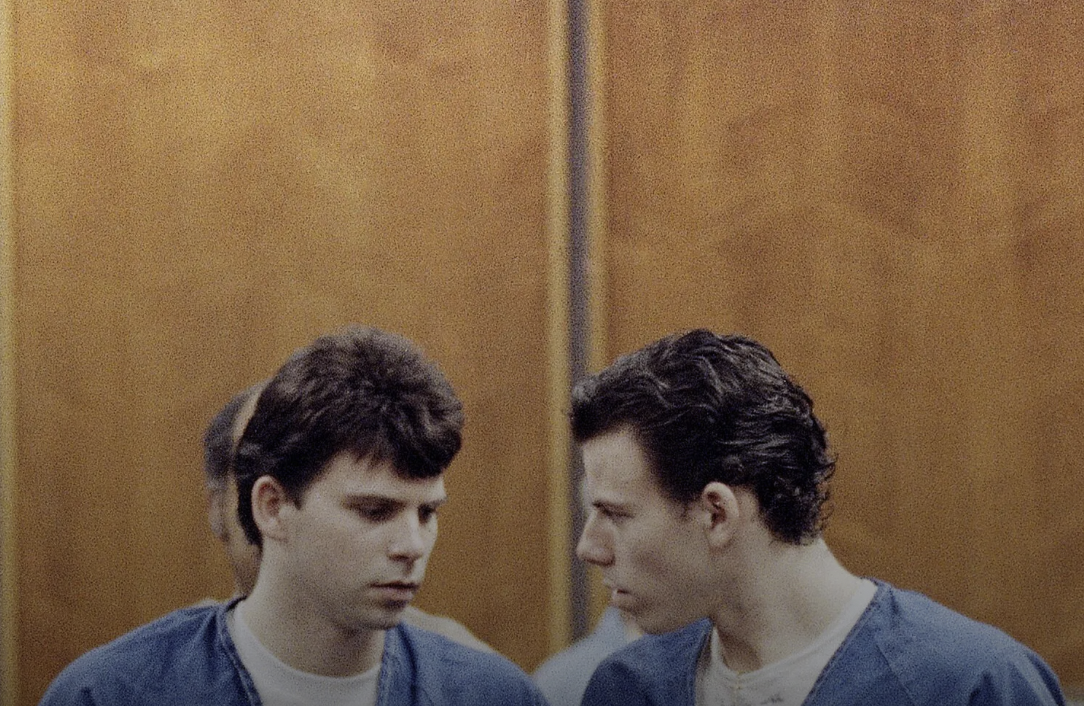
Child abuse is distorted love. Sometimes it’s broken bones, but often it’s parents who say they care while eroding a child’s sense of safety and worth. The Menendez brothers are getting a sentencing review, and after 30 years of a life sentence they could be released from prison. But what’s really on review is our collective refusal to understand long-term abuse. The Menendez brothers are a cultural mirror: the more we understand their story, the more we must ask what we’ve normalized in our own homes.
Read more
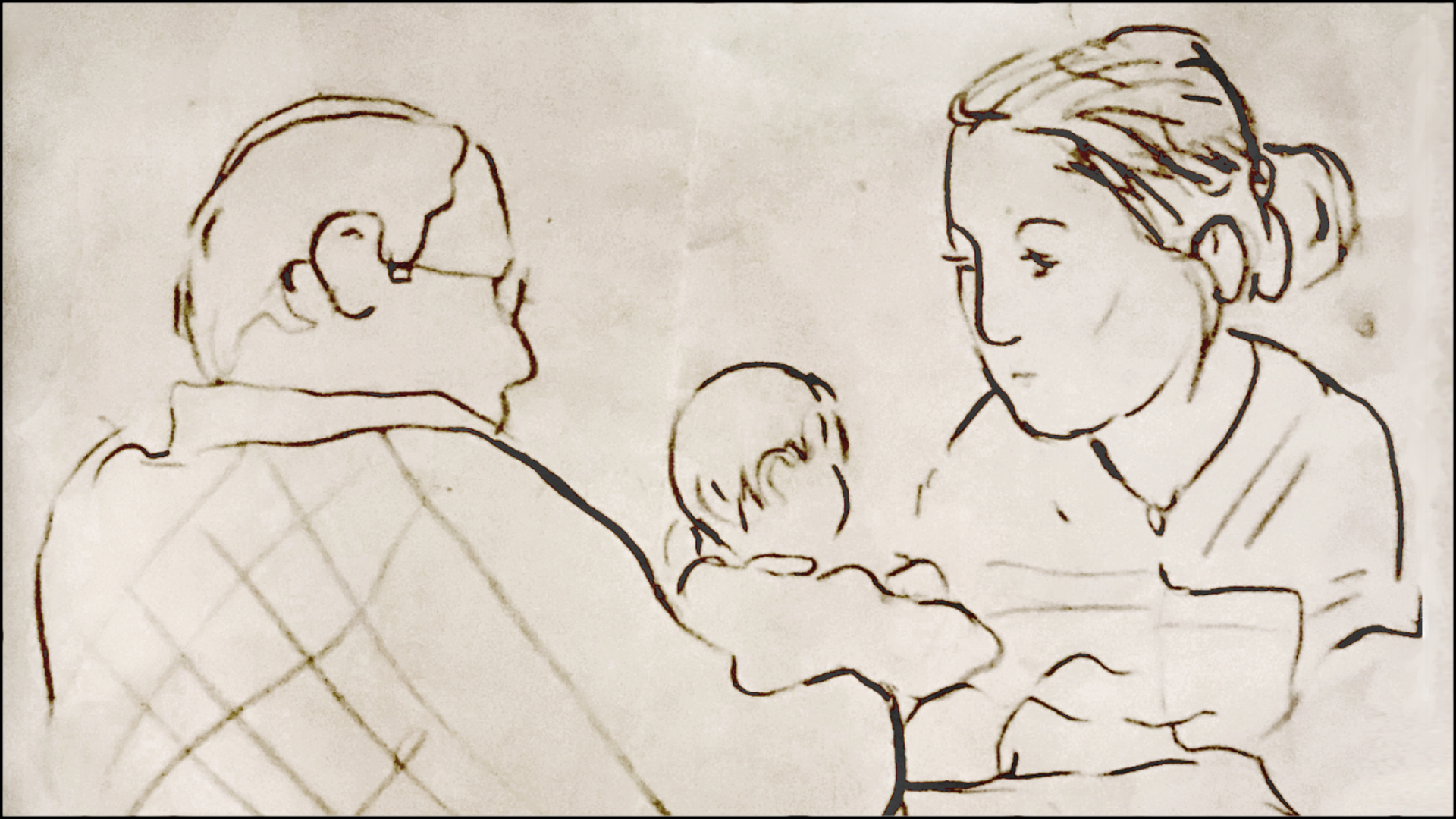
Nino and I sit at the table waiting for Z to come to dinner. He calls out, “One more minute!” from his bedroom more minutes than I can count. But I’m so happy he’s home on break that I wait. Read more
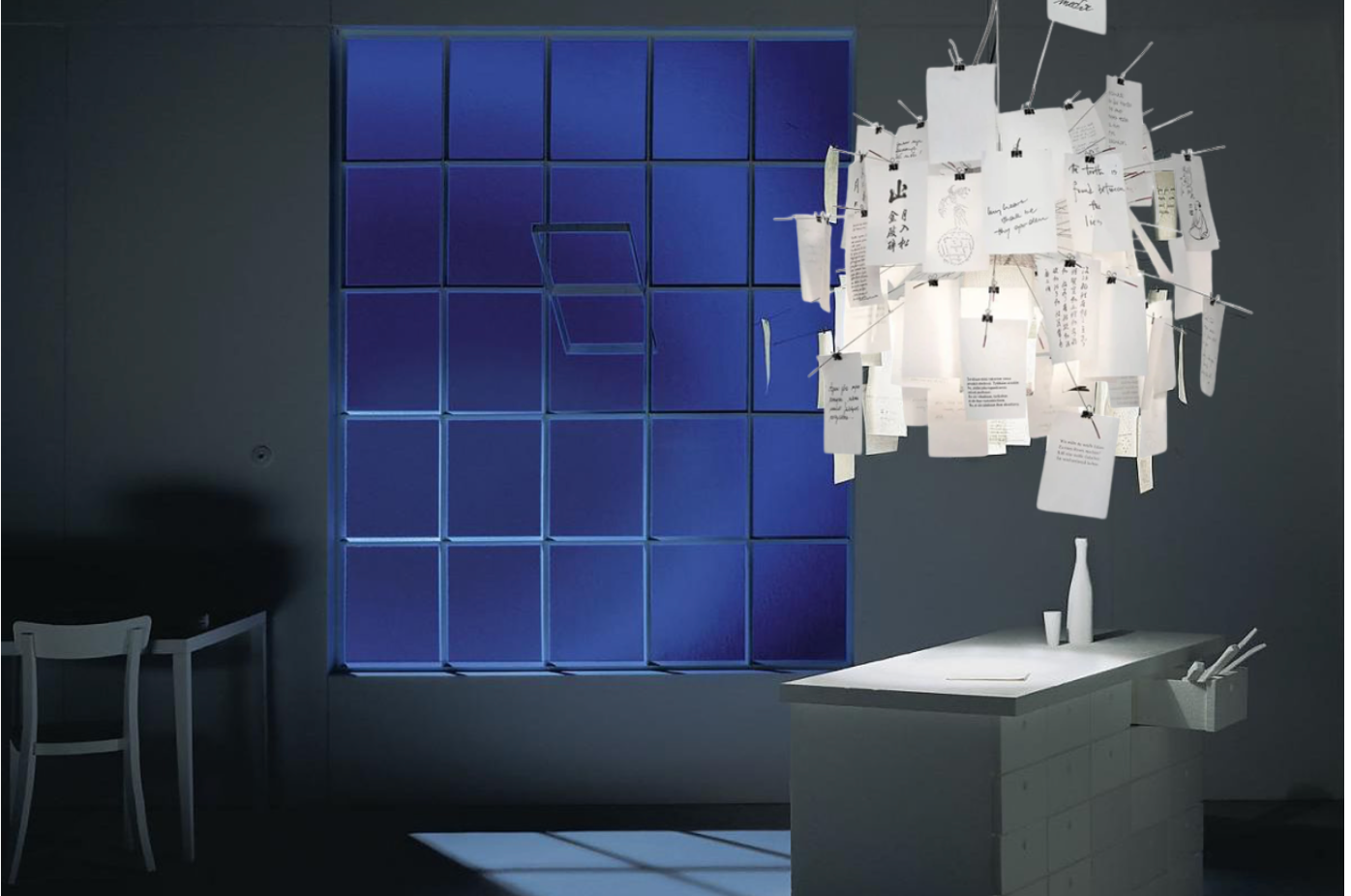
Some people have a bank account. I have an email list. This explains why nothing makes me overreact more than when something goes wrong with my email list. People who see me overreact regularly will probably disagree. They’ll be like, “I saw you throw a fit about [insert one of 10,000 things here].” But trust me, you haven’t seen anything until you’ve seen me send out 250,000 emails with a bad link. Read more
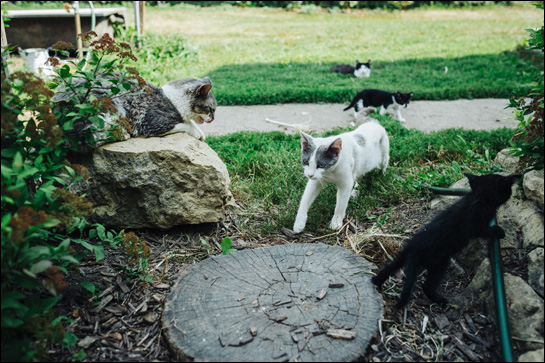
When my kids lived with me I felt like I had no control over when I could write, so I had to find happiness in helping my kids meet their goals. With both of them in college, I don’t set their goals anymore. So I’m trying to train myself to be happy when I write since that’s what I can control.
Meanwhile, I try to be an encouraging listener because I read that the thing that most influences college success (after the super-influencer: money) is parental encouragement in the student’s ability. Read more
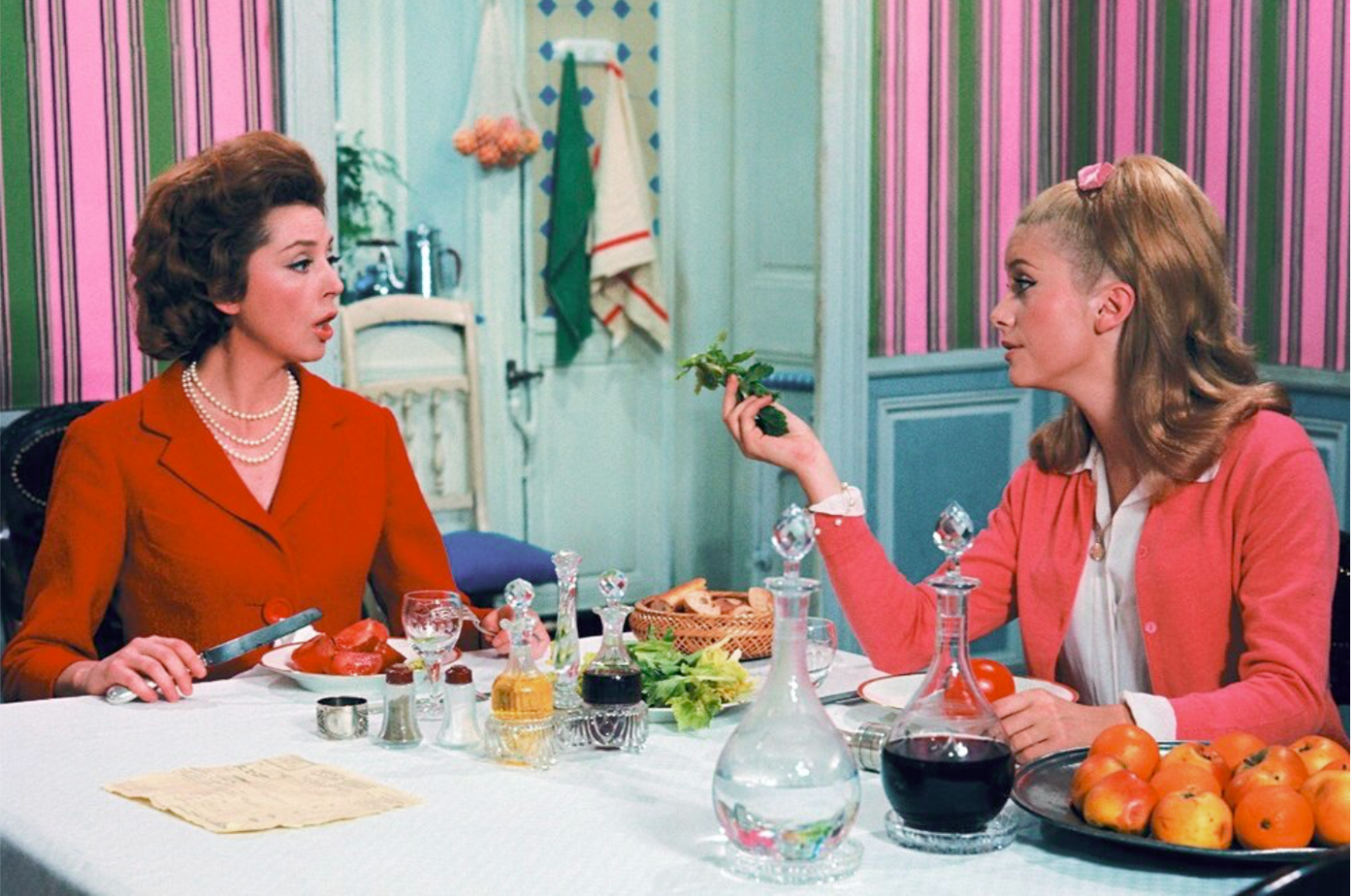
Scene from Umbrellas for Cherbourg (1964)
When my kids were young I yelled. Just a little. But then I read that any yelling at all permanently damages kids. I thought: Really? One time? That’s weird. Because when I was a kid, a yelling day was a good day. It meant no blood. Read more

Untitled Film Still #21 by Cindy Sherman (1978)
I tutor this girl who is the daughter of my friend. Her mom’s not really my friend because she has sisters, and women with sisters are not friends with women without sisters. If you don’t have a sister you’re too needy, and brothers don’t count. There’s no link. I’m not linking to stuff anymore.
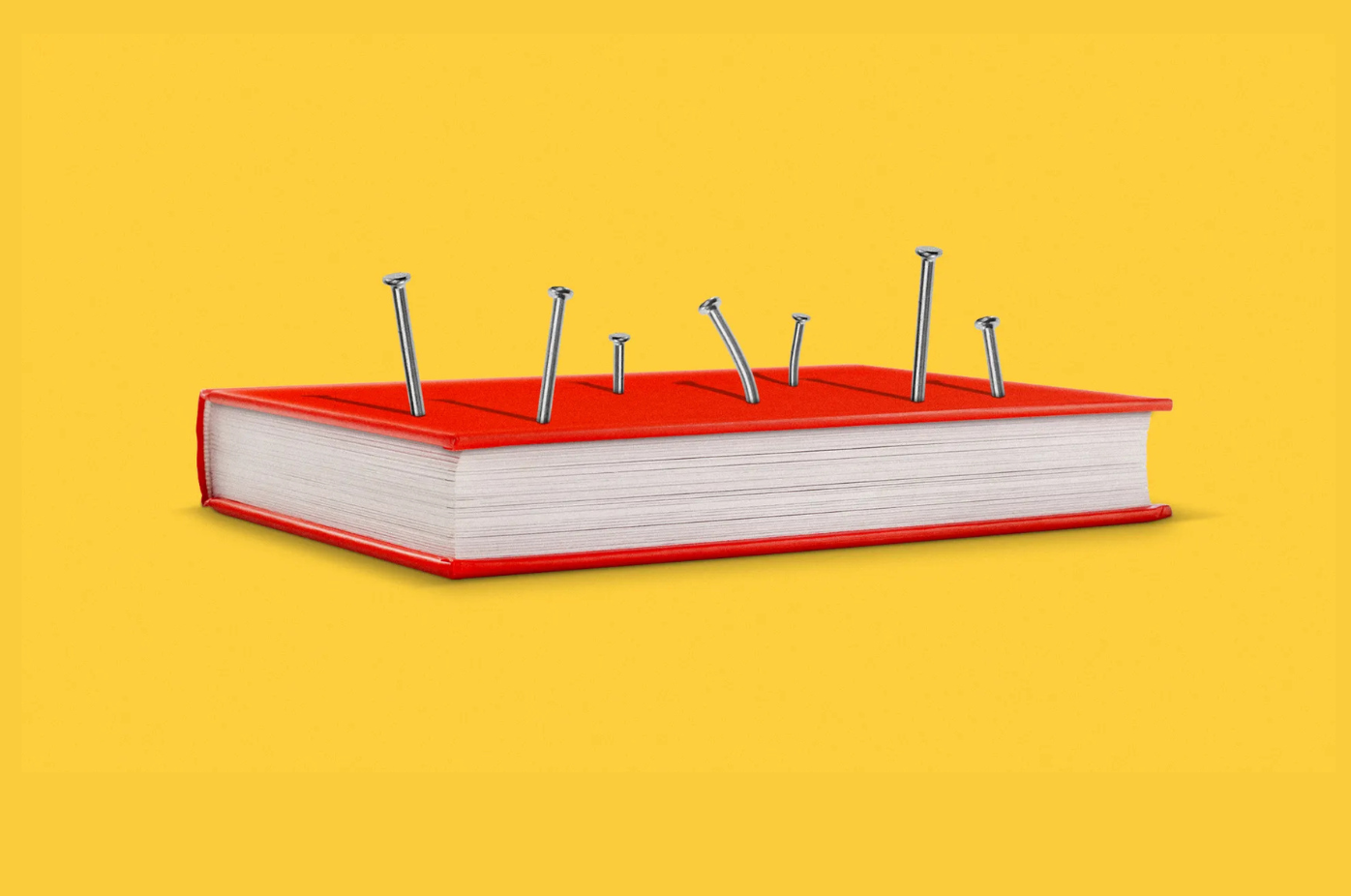
When someone tells me their child is autistic, I always end up telling them that they are too. Because autism is a family condition. At the end of these conversations people ask: “Do you have a reading list you could send me?” So here is that list.

The only way I find out what people value most about me is by having to sell something. Otherwise I’m just guessing. And I pretty much always guess wrong. Like I thought I was so great at writing about sex, but I only made money writing about careers. Now I understand why careers was more valuable: it’s easier for people to talk about their sex life than their finances, and careers are about money. Read more
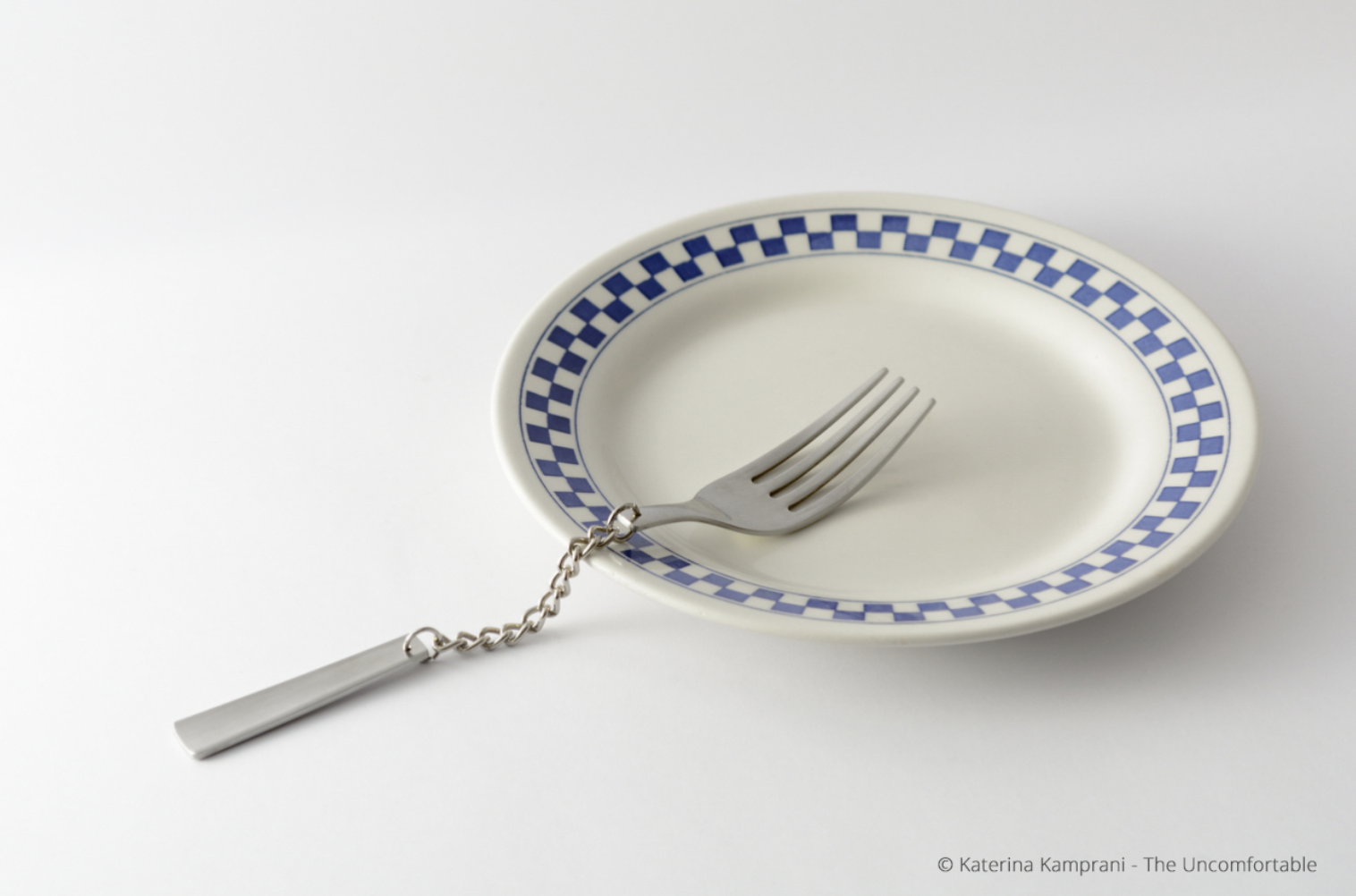
Over the past 20 years as an influencer I have lost my source of income so many times that if you ask my kids what they want to be when they grow up, they’ll say: “a salaried worker.” I’ve had sponsors who paid $5,000 a post to talk about their product. I had people who paid me $15,000 a speech to talk about online trends. But we’ve also had electricity turned off and run out of food because you can never predict when a source of online income will disappear, and as an influencer it’s almost impossible to get a job — because your brand is too big for someone else’s brand. Here’s what I’ve learned about having a platform pulled out from under me: Read more
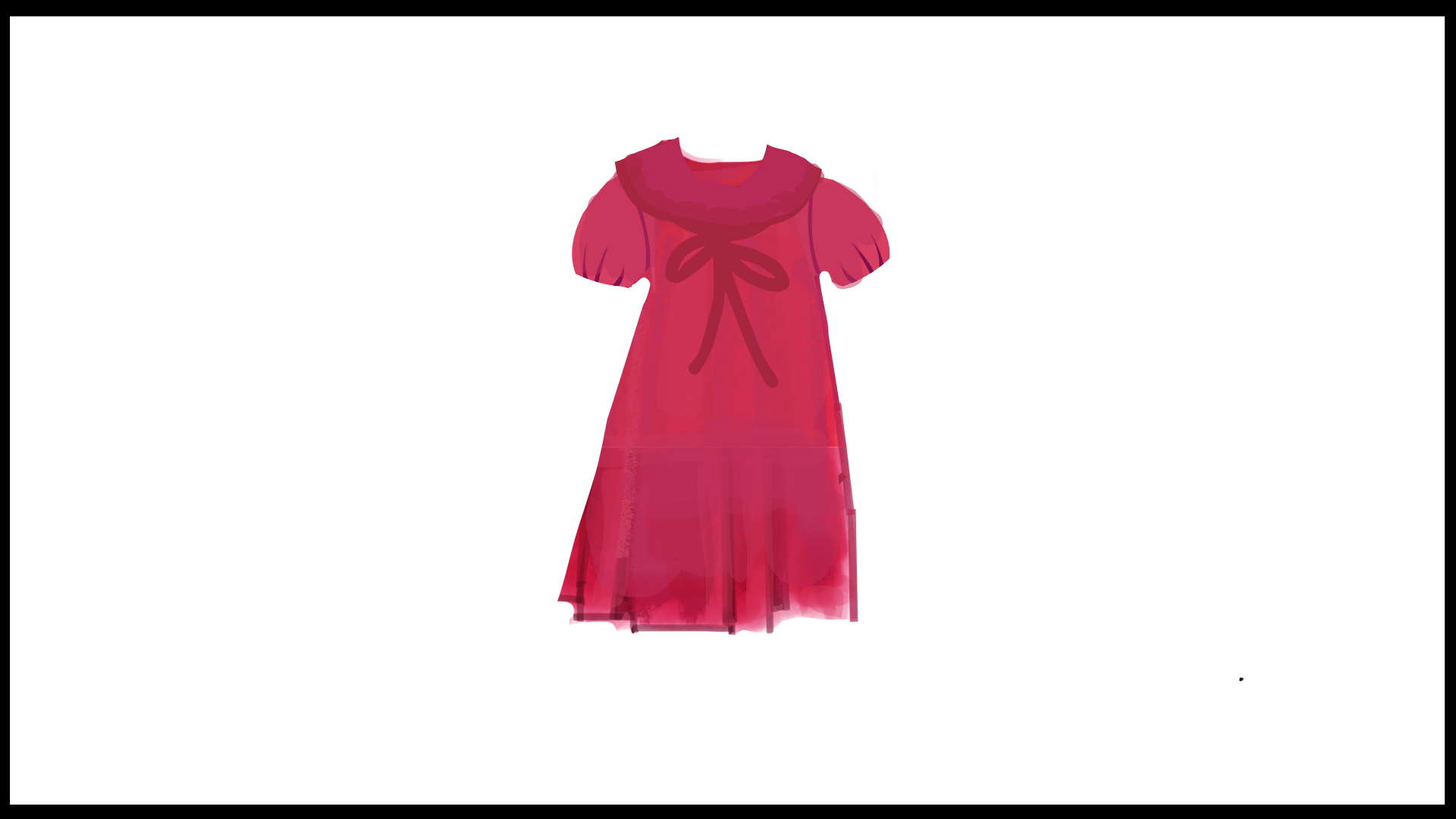
You can also read it on Instagram as panels instead of a flipbook.
I had Nino read it when I was doing the final edits. Thirty years ago, when we were dating, I discovered he was a good editor, and he edited most of what I wrote for the first seven years we were together. Then we had kids and things became chaotic. But here we are, with two kids in college, so I thought I’d try having him edit again.
He’s still a good editor. But when I gave him this flipbook he said, “You should have given me a trigger warning or something.”
I said, “What? You already know the whole story.”
He said, “It upsets me more now I guess. I’m really sad for you. You have to find someone else to edit this.”
I did find someone else to edit. But I think I found something in Nino as well. After all these years he loves me so much that he can’t be impartial with the stories. That made me feel really loved. Like, all these years I’ve been through with him. So much disappointment. But it doesn’t feel disappointing to be cared for.
